
27 APR 2024


27 APR 2024

A long-forgotten masterpiece in its first modern recording, using a new edition by Hans Graf, realising the Requiem's original 1798 version. The Requiem received its Asian premiere in a performance by the Singapore Symphony in Apr 2023. Available 19 Apr 2024
Sat, 27 Apr 2024
Esplanade Concert Hall
Singapore Symphony Orchestra
Hans Graf Music Director
Jade Tan mezzo-soprano1/Concepción
Bo Skovhus baritone2/Ramiro
Kangyoon Shine Lee tenor/Gonzalve
Anthony Robin Schneider bass/Don Iñigo Gomez
Jonathan Charles Tay tenor/Torquemada
Boon Hua Lien Assistant to Hans Graf
Gabriel Chan Lighting Designer
Shane Thio Répétiteur
Mirabel Neo Stage Manager
Leong Shan Yi Deputy Stage Manager
Shridar Mani surtitles
Laurence Biard French coach
L’Heure espagnole (“The Spanish Hour”) SSO Premiere
Intermission
Rapsodie espagnole
Chanson espagnole1 (orch. Hans Graf) SSO Premiere
Vocalise en forme de habanera1 (orch. Hoérée) SSO Premiere
Don Quichotte à Dulcinée2 SSO Premiere
Boléro
Since its founding in 1979, the Singapore Symphony Orchestra (SSO) has been Singapore’s flagship orchestra, touching lives through classical music and providing the heartbeat of the cultural scene with its 44-week calendar of events.
In addition to its subscription series concerts, the orchestra is well-loved for its outdoor and community appearances, and its significant role educating the young people of Singapore through its school programmes. The SSO has also earned an international reputation for its orchestral virtuosity, having garnered sterling reviews for its overseas tours and many successful recordings. In 2021, the SSO clinched third place in the prestigious Orchestra of the Year Award by Gramophone. In 2022, BBC Music Magazine named the SSO as one of the 21 best orchestras in the world.
In July 2022, the SSO appointed renowned Austrian conductor Hans Graf as its Music Director, the third in the orchestra’s history after Lan Shui (1997–2019) and Choo Hoey (1979–1996). Prior to this, Hans Graf served as Chief Conductor from 2020.
The orchestra performs over 60 concerts a year, and its versatile repertoire spans all-time favourites and orchestral masterpieces to exciting cutting-edge premieres. Bridging the musical traditions of East and West, Singaporean and Asian musicians and composers are regularly showcased in the concert season. The SSO makes its performing home at the 1,800-seat state-of-theart Esplanade Concert Hall. More intimate works, as well as outreach and community performances take place at the 673-seat Victoria Concert Hall, the Home of the SSO.
Beyond Singapore, the SSO has performed in Europe, Asia and the United States. In May 2016 the SSO was invited to perform at the Dresden Music Festival and the Prague Spring International Music Festival. This successful fivecity tour of Germany and Prague also included the SSO’s second performance at the Berlin Philharmonie. In 2014, the SSO’s debut at the 120th BBC Proms in London received praise in major UK newspapers The Guardian and The Telegraph. The SSO has also performed in China on multiple occasions.
The SSO has released more than 50 recordings, with over 30 on the BIS label. Recent critically acclaimed albums include Herrmann’s Wuthering Heights (Chandos) and Scriabin - Poems of Ecstasy and Fire (BIS). Following the Four Seasons album on Pentatone, a complete Mozart Violin Concerto cycle with Chloe Chua and Hans Graf will be released in 2024. The SSO also leads the revival and recording of significant works such as Kozłowski’s Requiem, Ogerman’s Symbiosis (after Bill Evans) and violin concertos by Robert Russell Bennett and Vernon Duke.


The SSO has collaborated with such great artists as Vladimir Ashkenazy, Gustavo Dudamel, Charles Dutoit, Joe Hisaishi, Neeme Järvi, Okko Kamu, Hannu Lintu, Andrew Litton, Lorin Maazel, Martha Argerich, Ray Chen, Diana Damrau, Stephen Hough, Janine Jansen, Leonidas Kavakos, Lang Lang, Yo-Yo Ma, Gil Shaham and Krystian Zimerman.
The SSO is part of the Singapore Symphony Group, which also manages the Singapore Symphony Choruses, and the Singapore National Youth Orchestra, as well as the VCHpresents chamber music series, the Singapore International Piano Festival and the biennial National Piano & Violin Competition.
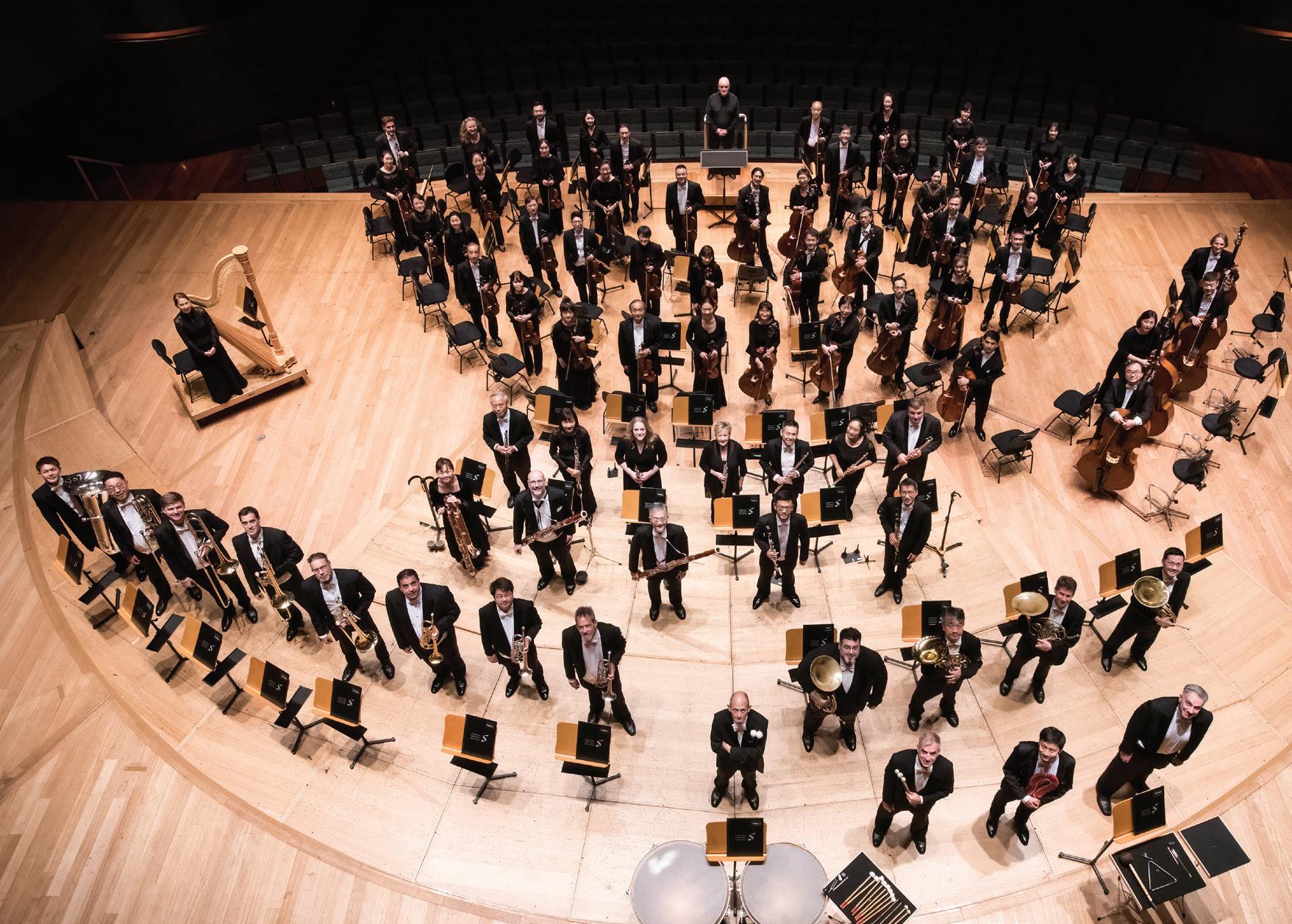


The Group’s vision is to be a leading arts organisation that engages, inspires and reflects Singapore through musical excellence. Our mission is to create memorable shared experiences with music. Through the SSO and its affiliated performing groups, we spread the love for music, nurture talent and enrich our diverse communities.
Singapore Symphony Orchestra
Armed with a spirit of musical curiosity and discovery, creative programming and his commanding presence on stage, Austrian conductor Hans Graf has raised orchestras to new heights while winning audiences young and old alike. With Hans Graf, “a brave new world of music-making under inspired direction” (The Straits Times) began at the Singapore Symphony Orchestra, as Chief Conductor in the 2020/21 season, and Music Director since the 2022/23 season.
Graf was formerly Music Director of the Houston Symphony, Calgary Philharmonic, Orchestre National Bordeaux Aquitaine, Basque National Orchestra and the Mozarteum Orchestra Salzburg. He is a frequent guest with major orchestras worldwide including the orchestras of Boston, Cleveland, Los Angeles, New York, Philadelphia, Vienna, Leipzig Gewandhaus, DSO Berlin, Dresden, Royal Concertgebouw, Oslo, Hallé, London, Royal Philharmonic, Budapest Festival, St Petersburg, Russian National, Melbourne, Sydney, Seoul, Hong Kong, Malaysia, and the Bavarian, Danish and Netherlands Radio Symphony Orchestras. Graf has led operas in the Vienna State Opera, Munich, Berlin, Paris,
Strasbourg, Rome and Zurich. In 2014 he was awarded the Österreichischer Musiktheaterpreis for Strauss’s Die Feuersnot at the famed Vienna Volksoper, where he returned in 2021 to lead Rosenkavalier.
Hans Graf’s extensive discography includes all symphonies of Mozart and Schubert, the complete orchestral works of Dutilleux, and the world-premiere recording of Zemlinsky’s Es war einmal. Graf’s recording of Berg’s Wozzeck with the Houston Symphony won the GRAMMY and ECHO Klassik awards for best opera recording. With the Singapore Symphony, Graf has recorded the music of Paul von Klenau, Józef Kozłowski’s Requiem, an upcoming Mozart Violin Concerto cycle with Chloe Chua, and Stravinsky Concertos with violinist He Ziyu and pianist Alexei Volodin.
Hans Graf (b. 1949) is Professor Emeritus for Orchestral Conducting at the Universität Mozarteum, Salzburg. For his services to music, he was awarded the Chevalier de l'Ordre de la Légion d'Honneur by the French government, and the Grand Decoration of Honour of the Republic of Austria.

A mezzo-soprano who sings with “nuance” and with “great ability in portraying emotion and meaning” (The Straits Times), Jade Tan Shi Yu was the Grand-prize winner of the Yong Siew Toh Conservatory of Music’s Concerto Competition 2016 and Best Singaporean Artist and Third-Prize Winner in the Singapore Lyric Opera’s ASEAN Vocal Competition 2016. She was honoured with the title of President’s Young Performer of Singapore in 2016.
Jade Tan graduated from the Yong Siew Toh Conservatory of Music as Valedictorian with First Class Honours and recently completed a Master’s Degree in Voice and Operatic Performance at the Hannover Hochschule für Musik, Theater und Medien, Germany. She was a recipient of the Tan Kah Kee Foundation Scholarship. She made her operatic debut as Dorabella from Mozart’s Così fan tutte in the Hannover Hochschule für Musik, Theater und Medien, Germany and has since performed the roles of Giannetta in the Singapore Lyric Opera’s production of L’Elisir d’amore (2017) and Zora in Serbian-born Ana Sokolovic’s Svadba (2018) and Waltraute in the Orchestra of the Music Maker’s production of Die Walküre (2020).
baritone/Ramiro
Bo Skovhus studied at the Aarhus Music Institute, the Royal Opera Academy in Copenhagen and in New York. Important engagements in his career were Reimann’s Lear at the Paris Opera and at the Maggio Musicale Fiorentino, Beckmesser in Die Meistersinger von Nürnberg at the Paris Opera and at the Wagner Festival in Budapest, Titus in Bérénice by Michael Jarrell at the Paris Opera conducted by Philippe Jordan as well as Mandryka in Arabella in Dresden and at the Vienna State Opera. He also sang the title role in Wozzeck at the Deutsche Oper am Rhein and Dr. Schön in Lulu at the Vienna State Opera, followed by Šiškov in From the House of the Dead at the Bavarian State Opera, JeanCharles in The Raft of the Medusa (Werner Henze) in Amsterdam, the title roles in Karl V. (Ernst Krenek) at the Bavarian State Opera, and Eugene Onegin at the Hamburg State Opera.
He appeared as Ryuji in Henze’s Das Verratene Meer at the Vienna State Opera, as Eisenstein (Die Fledermaus) at the Hamburg State Opera, as Jaroslav Prus (Věc Makropulos) at the Berlin State Opera, as title role in Wozzeck (concert performances)
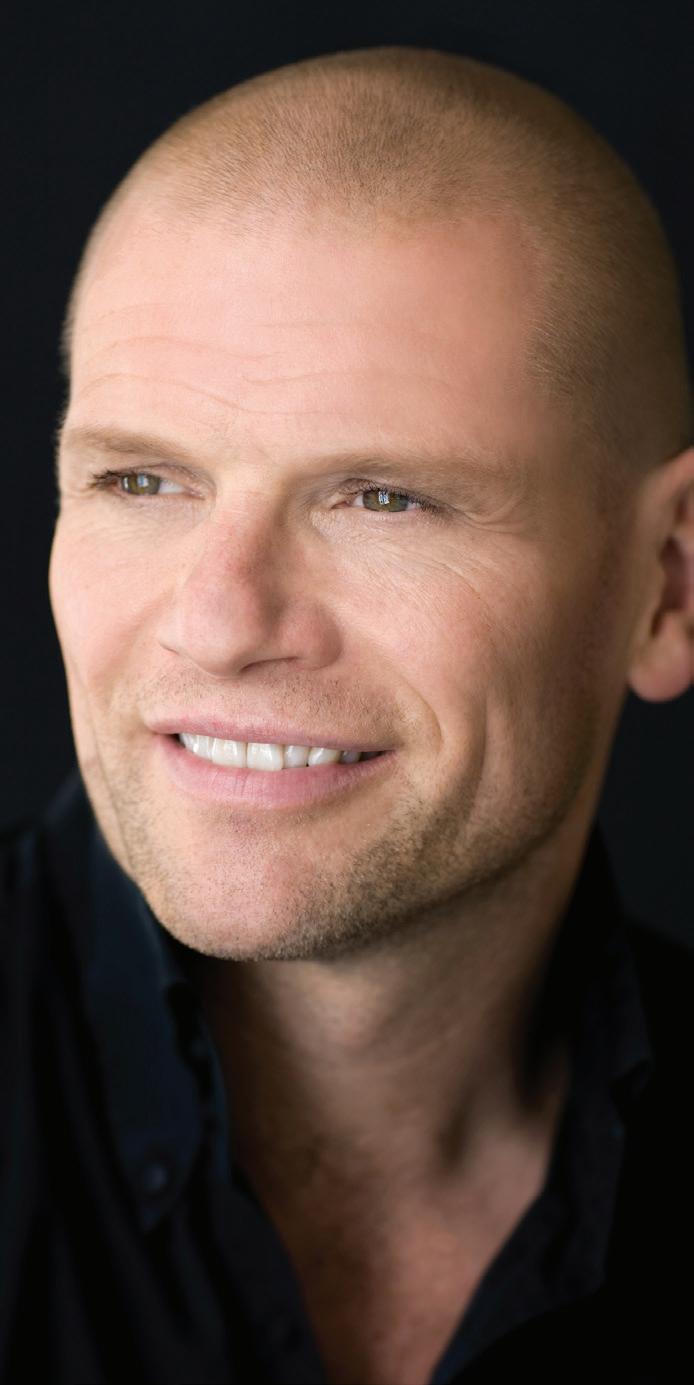
in Boston, at Carnegie Hall and at the Verbier Festival, as Vater (Bluthaus) at the Cuvilliés-Theater in Munich, as Plato Kusmitsch Kovalev (Die Nase) at the Semperoper Dresden and as Dr. Schön (Lulu) at the Theater an der Wien and in Bruxelles.
In addition to opera performances, Bo Skovhus devotes himself to recital and concert singing with great personal commitment.
The artist was awarded the titles “Österreichischer Kammersänger” and “Bayerischer Kammersänger”.
badix.ch/main/bari-b/bo_skovhus/
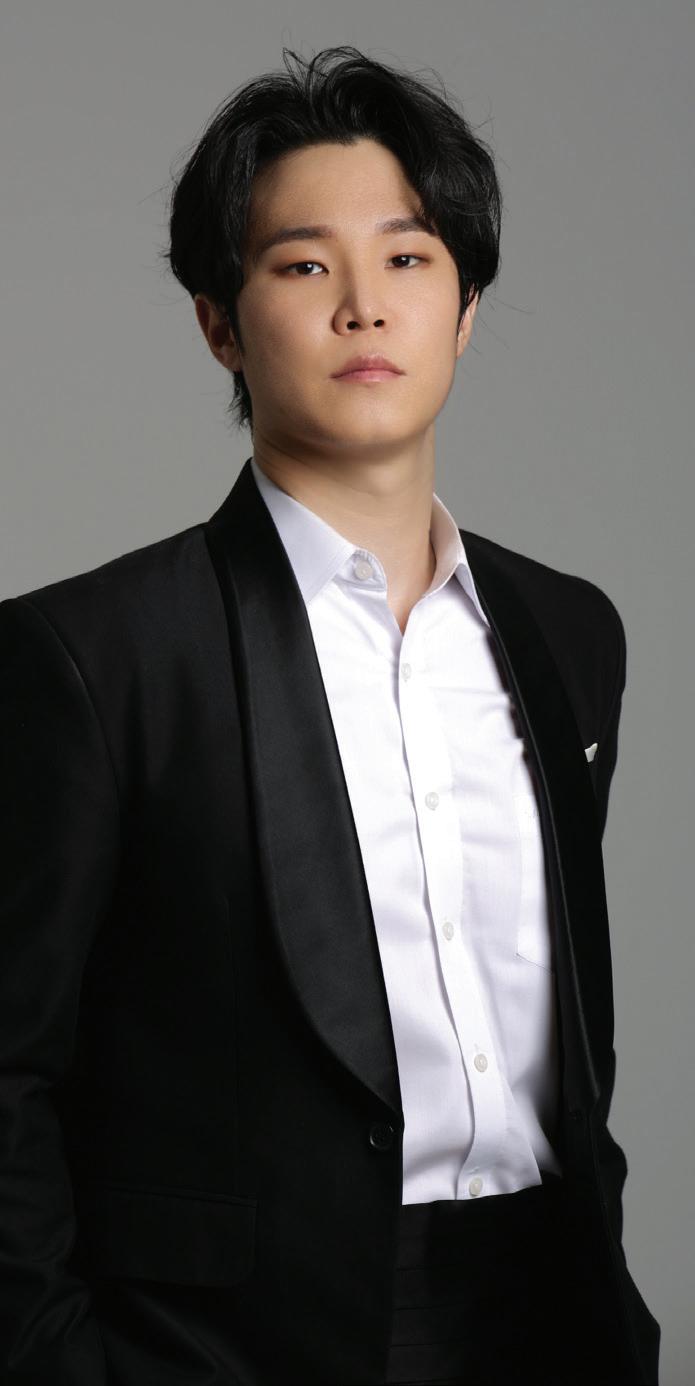
The tenor Kangyoon Shine Lee was born in Seoul, Korea and studied singing in Seoul and Berlin. He is a winner of several singing competitions and has received numerous scholarships. During his studies, he performed the roles of Don Ottavio (Don Giovanni), Ernesto (Don Pasquale), and Nemorino (L'elisir d'amore).
His projects in recent seasons included the roles of Don Luigino and Zefirino in Rossini’s Il viaggio a Reims at Semperoper Dresden, Verdi’s La Traviata and Shostakovich’s The Nose at Komische Oper Berlin, Rossini’s Petite messe solennelle at the Berlin
Cathedral, Neocles in Rossini’s Le siège de Corinthe at Theater Erfurt, Don Ottavio in Don Giovanni at Staatstheater Darmstadt, Tamino in Die Zauberflöte at the Immling Festival, and the Opera Gala of Young Stars at the Carinthian Summer Festival in Villach.
In addition, Lee was selected by Daniel Barenboim as a soloist for a concert performance of Rossini’s La scala di seta in Prenzlau, and was awarded for his interpretation of the role of Dorvil by the magazine Das Orchester.
In 2021, Kangyoon Shine Lee won the Belvedere Competition, earning him a contract with Deutsche Oper Berlin. He made his house debut there as Almaviva in Il barbiere di Siviglia in December 2022 and was subsequently re-invited for Korngold’s Das Wunder der Heliane and Il barbiere di Siviglia in the same season.
Projects in the 23/24 season include his return to Deutsche Oper Berlin for the revivals of Rossini’s Il viaggio a Reims and Benedikt von Peter’s staged production of Bach’s St. Matthew Passion, as well as Lera Auerbach’s 6th Symphony at the Dresden Philharmonie.
ANTHONY ROBIN SCHNEIDER
bass/Don Iñigo Gomez
Bass Anthony Robin Schneider begins the 23/24 season with his debut at Dutch National Opera for a new Christof Loy production of Lohengrin (Heinrich) conducted by Lorenzo Viotti. Other highlights of the season include his debut at the Festspielhaus Baden-Baden for a new production of Elektra (Pfleger des Orest) and a return to Tirol Festspiel Erl for Das Rheingold (Fafner), Die Walküre (Hunding), and Siegfried (Fafner). On the concert stage, he will debut with the Singapore Symphony in L'Heure espagnole (Don Iñigo Gomez) and Staatsorchester Braunschweig for Beethoven’s Symphony No. 9.
Last season, he returned to Oper Frankfurt for the new Barrie Kosky production of Hercules (title role), a new production of Die Zauberflöte (Zweiter geharnischter Mann), the revival of Der ferne Klang (Der Wirt), and Tirol Festspiel Erl for a new production of Siegfried (Fafner). On the concert stage, he returned to The Cleveland Orchestra for the Mozart Requiem conducted by Franz Welser-Möst.
Recent engagements included a return to Houston Grand Opera for Die Zauberflöte (Sarastro) and Tirol Festspiel Erl for Die

Walküre (Hunding). Other performances at Oper Frankfurt include Iolanta (Ibn-Hakia), Salome (Erster Soldat), Christmas Eve (Panas), Fedora (Cirillo), Lohengrin (Heinrich der Vogler), Le nozze di Figaro (Dr. Bartolo), Le vin herbé (Le Duc Hoël), Siegfried (Fafner), Don Carlo (Grand Inquisitor), Rigoletto (Sparafucile), Don Giovanni (Commendatore), and Lady Macbeth of Mtsensk (Administrator/Sergeant).
Additional engagements included a return to the New Zealand Symphony Orchestra for Beethoven’s Symphony No. 9 conducted by Edo de Waart.
A trilingual speaker (German, French and English), Anthony is a citizen of Austria and New Zealand.
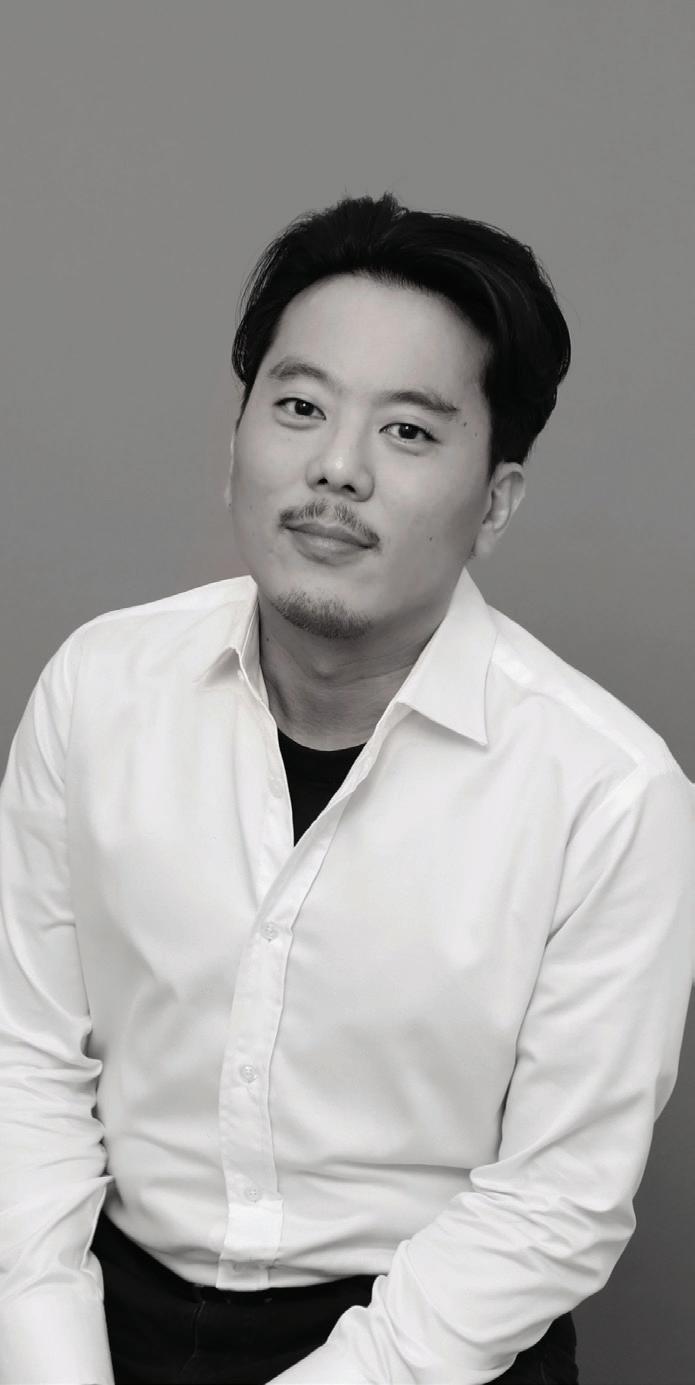
Singaporean tenor Jonathan Charles Tay is one of the leading opera singers to emerge from his home country in this generation. He is a graduate of the Manhattan School of Music, New York City, and attained his Master of Music in Northwestern University, Chicago, IL. Jonathan is also co-founder and co-artistic director of Singaporean Opera Company, The Opera People (TOP).
Tay’s more recent performance highlights include Eisenstein in Strauss’s Die Fledermaus and Don José in Bizet’s Carmen with Singapore Lyric Opera and Beethoven’s Choral Fantasie with Singapore Symphony
Orchestra. With TOP, Jonathan performed Der Zwerg in The Dwarf by Alexander Zemlinksy and Jaquino in Beethoven’s Fidelio, Mozart’s masterpiece Idomeneo in Singapore’s first ever opera film and Oronte in Handel’s Alcina. This season he also sings Elvino in their brand new production of La Sonnambula. Other recent appearances include Rodolfo in La Bohème with Musician’s Initiative and Bertrando in Rossini’s L'inganno felice with Lirica Arts. Jonathan’s recent concert highlights include Before Life and After with Singapore International Festival of Arts, as well as Britten’s Serenade for Tenor and Horn with Orchestra of the Music Makers.
Other credits include performances with Singapore Chinese Orchestra, L’arietta Productions, Braddell Heights Symphony Orchestra, NUS Symphony Orchestra, Richard Wagner Association (SG), The Arts Place, New Opera Singapore and Opera Viva. Jonathan’s performances have garnered praise from OPERA magazine as “excellent and very lyrical”.
BOON HUA LIEN
Assistant to Hans Graf
Boon Hua Lien is the Artistic Director of Wayfarer Sinfonietta and newly appointed Guest Conductor of the Singapore National Youth Chinese Orchestra. Previously, he has served as Assistant Conductor of the Polish National Radio Symphony Orchestra in Katowice and Assistant Conductor to the Richard Strauss Festival 2018 in GarmischPartenkirchen. A prizewinner at several international conducting competitions, he was selected for the 2019/20 Peter Eötvös Foundation Mentoring Program, where he received mentorship from renowned conductors and composers to further hone his craft.
Lien’s recent seasons have been marked by exceptional performances and debuts, including Singapore Chinese Orchestra, Pannon Philharmonic, Bangkok Metropolitan Orchestra, and leading the Singapore Symphony Orchestra in a celebratory concert for Esplanade’s 20th anniversary. His engagements extend to notable orchestras and festivals, including the Hong Kong Sinfonietta, NFM Wrocław Philharmonic, Polish Baltic Philharmonic, Kraków Philharmonic, Singapore International Festival of Arts, Thailand International Composition Festival, IntAct Festival, Gdańsk
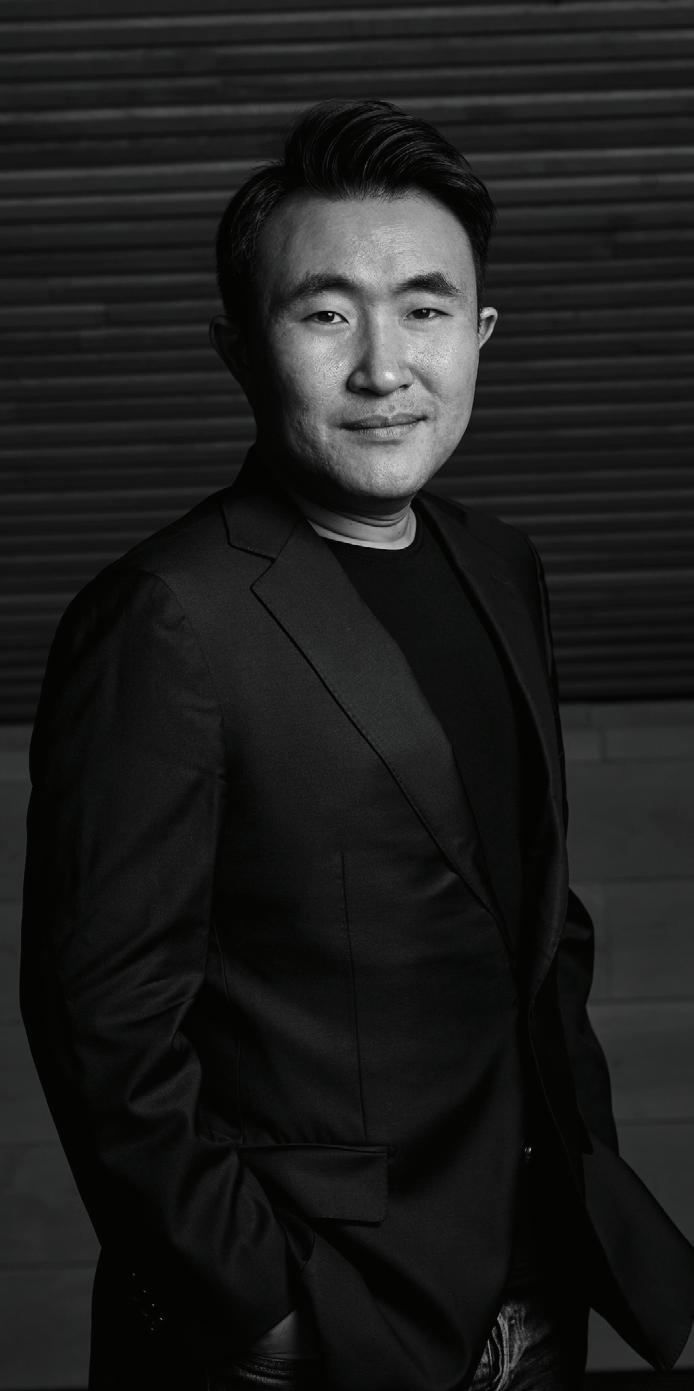
Music Festival, and International Mozartiana Festival. A rising opera conductor, he has led productions with Singapore Lyric Opera, Kuala Lumpur City Opera, The Opera People and Lirica Arts.
Lien holds conducting and performance degrees from Yong Siew Toh Conservatory of Music, University of Cincinnati CollegeConservatory of Music and Eastman School of Music, where he was awarded the Walter Hagen Conducting Prize. Currently based in Singapore, he is on the conducting faculty at his alma mater, Yong Siew Toh Conservatory of Music, and leads its contemporary music ensemble, OpusNovus, where he continues to share his passion for music with the next generation of musicians.

Recipient of the Singapore National Arts Council Overseas Bursary, Gabriel graduated from the Hong Kong Academy for Performing Arts with First Class Honours in Lighting Design. He was also awarded the Strand Lighting Scholarship, funding his training at the Metropolitan Opera, New York (’09 Winter Opera Season). He was conferred the Young Artist Award in 2019 for his artistic excellence and contribution to Singapore’s performing arts scene. A chameleon of a designer, Gabriel is well versed in lighting for the theatre, dance, music concerts, sporting and live national broadcast events.
Music lighting design credits include Pipa Virtuoso, Wu Man, in Borderlands (SIFA 2016), Eight, Stories from an Island City, Mind the Music, Heirlooms and Forefathers (The Teng Ensemble), SCO 25th Anniversary Virtuoso Series I, II, III (Singapore Chinese Orchestra), The Origins Cipher, Nine Songs, Soul Journey Ten Years, (Siong Leng Musical Association), the South East Asian Tour of Sound of Wisdom – Heal and Sound of Peace (IMMPAC) and prolific Taiwanese
singer A-Lin’s A Link with Passengers World Tour in Singapore.
Signature theatre designs include Angel Island (SIFA 2023), The Almighty Sometimes, Constellations, Shakespeare in the Park: A Midsummer Night’s Dream (2023), Julius Caesar, Romeo & Juliet, The Tempest, The LKY Musical (Singapore Repertory Theatre), A Dream Under the Southern Bough: Existence (SIFA 2021), Seven Sages of the Bamboo Grove, Sometime Moon, The Crab Flower Club 2022 (Toy Factory Productions), Every Brilliant Thing (The Fingers Players) and First Fleet (Nine Years Theatre).
Gabriel also goes by the moniker Linesmith (www.linesmith.net) authorised directly by Vectorworks Headquarters based in Washington for conducting training of the Vectorworks software, the leading drafting solution for Entertainment and Performing Arts technical design.
Shane Thio, a celebrated Singaporean pianist and Royal Academy of Music alum, has won numerous awards including the Tankard Lieder Competition’s Accompanist Award. A recipient of the 1992 National Arts Young Artist Award, he advanced his studies at the Royal College of Music.
Collaborating with the Singapore Symphony Orchestra and Chorus, he is also the artistic director and founder of The Sing Song Club. His illustrious career spans performances with various orchestras and choirs, specialising in accompanying international violinists and contemporary music.




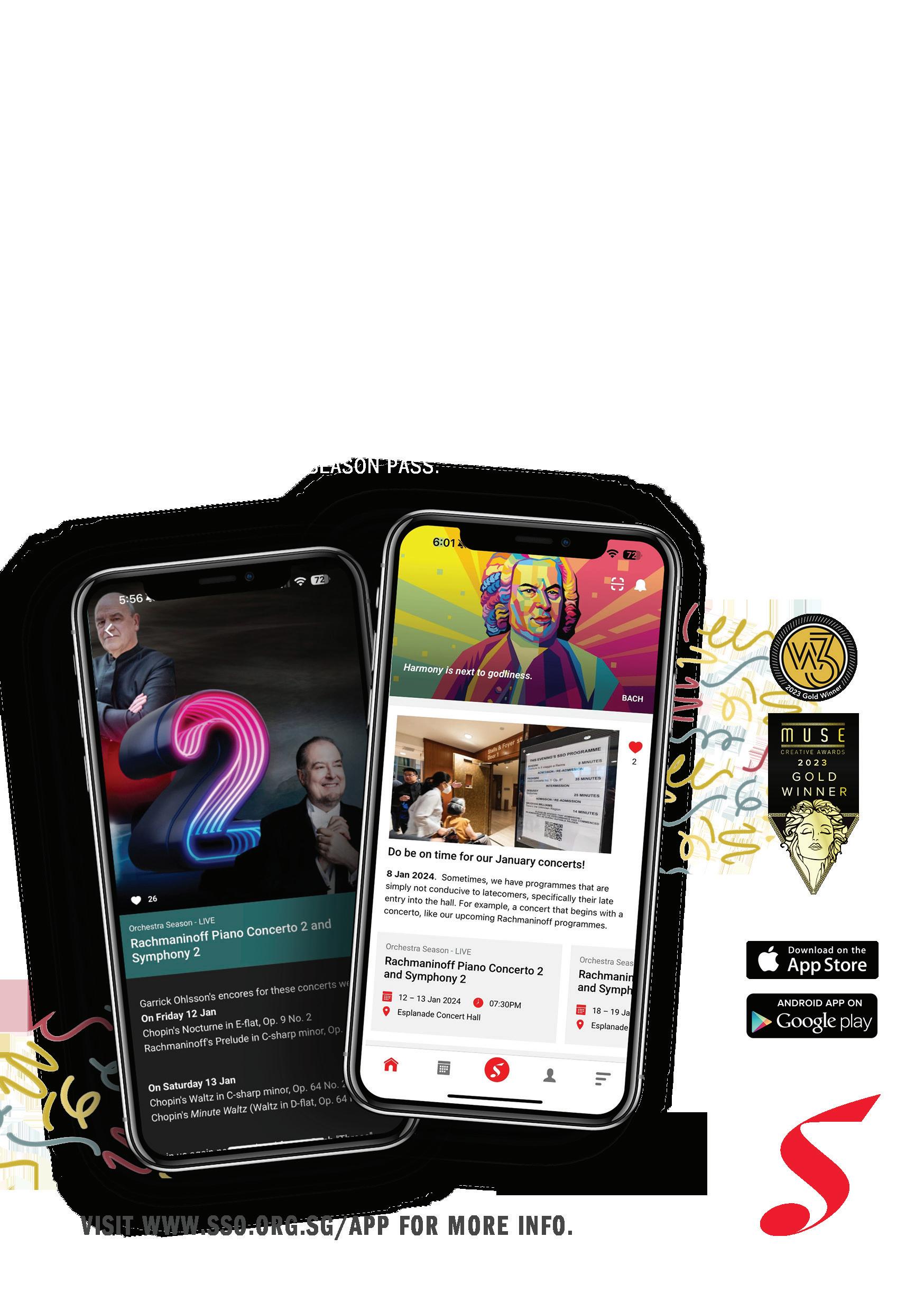
HANS GRAF Music Director
RODOLFO BARRÁEZ Associate Conductor
CHOO HOEY Conductor Emeritus
LAN SHUI Conductor Laureate
EUDENICE PALARUAN Choral Director
WONG LAI FOON Choirmaster
ELLISSA SAYAMPANATHAN Assistant Choral Conductor
FIRST VIOLIN
(Position vacant) Concertmaster, GK Goh Chair
Kong Zhao Hui1 Associate Concertmaster
Chan Yoong-Han2 Fixed Chair
Cao Can*
Chen Da Wei
Duan Yu Ling
Foo Say Ming
Jin Li
Kong Xianlong
Cindy Lee
Karen Tan
William Tan
Wei Zhe
Ye Lin*
Zhang Si Jing
SECOND VIOLIN
Michael Loh Associate Principal
Nikolai Koval*
Sayuri Kuru
Hai-Won Kwok
Margit Saur
Shao Tao Tao
Tseng Chieh-An
Wu Man Yun*
Xu Jueyi*
Yeo Teow Meng
Yin Shu Zhan*
Zhao Tian
VIOLA
Manchin Zhang Principal, Tan Jiew Cheng Chair
Guan Qi Associate Principal
Gu Bing Jie* Fixed Chair
Marietta Ku
Luo Biao
Julia Park
Shui Bing
Janice Tsai
Dandan Wang
Yang Shi Li
CELLO
Ng Pei-Sian Principal, The HEAD Foundation Chair
Yu Jing Associate Principal
Guo Hao Fixed Chair
Chan Wei Shing
Christopher Mui
Jamshid Saydikarimov
Song Woon Teng
Wang Yan
Wu Dai Dai
Zhao Yu Er
DOUBLE BASS
Yang Zheng Yi Associate Principal
Karen Yeo Fixed Chair
Olga Alexandrova
Jacek Mirucki
Guennadi Mouzyka
Wang Xu
FLUTE
Jin Ta Principal, Stephen Riady Chair
Evgueni Brokmiller Associate Principal
Roberto Alvarez
Miao Shanshan
PICCOLO
Roberto Alvarez Assistant Principal
OBOE
Rachel Walker Principal
Pan Yun Associate Principal
Carolyn Hollier
Elaine Yeo
COR ANGLAIS
Elaine Yeo Associate Principal
CLARINET
Ma Yue Principal
Li Xin Associate Principal
Liu Yoko
Tang Xiao Ping
BASS CLARINET
Tang Xiao Ping Assistant Principal
BASSOON
Marcelo Padilla^ Principal
Liu Chang Associate Principal
Christoph Wichert
Zhao Ying Xue
CONTRABASSOON
Zhao Ying Xue Assistant Principal
HORN
Austin Larson Principal
Gao Jian Associate Principal
Jamie Hersch Associate Principal
Marc-Antoine Robillard Associate Principal
Bryan Chong^
Hoang Van Hoc
TRUMPET
Jon Paul Dante Principal
David Smith Associate Principal
Lau Wen Rong
Nuttakamon Supattranont
TROMBONE
Allen Meek Principal
Damian Patti Associate Principal
Samuel Armstrong
BASS TROMBONE
Wang Wei Assistant Principal
TUBA
Tomoki Natsume Principal
TIMPANI
Christian Schiøler Principal
Mario Choo
PERCUSSION
Jonathan Fox Principal
Mark Suter Associate Principal
Mario Choo
Lim Meng Keh HARP
Gulnara Mashurova Principal
With deep appreciation to the Rin Collection for their generous loan of string instruments. Musician on temporary contract
Kong Zhao Hui performs on a J.B. Guadagnini of Milan, c. 1750, donated by the National Arts Council, Singapore, with the support of Far East Organization and Lee Foundation.
Chan Yoong-Han performs on a David Tecchler, Fecit Roma An. D. 1700, courtesy of Mr G K Goh.
Musicians listed alphabetically by family name rotate their seats on a per programme basis.
FIRST VIOLIN
Markus Gundermann Guest Concertmaster
SECOND VIOLIN
Ikuko Takahashi
DOUBLE BASS
Hans Olov Davidsson Guest Principal
FLUTE
Wang Tong
BASS00N
Guo Siping Guest Principal
PERCUSSION
Lee Yu Ru
Michael Tan
HARP
Charmaine Teo
CELESTA
Nicholas Loh
SOPRANO SAXOPHONE
Samuel Phua
TENOR SAXOPHONE
Jeffrey Gao

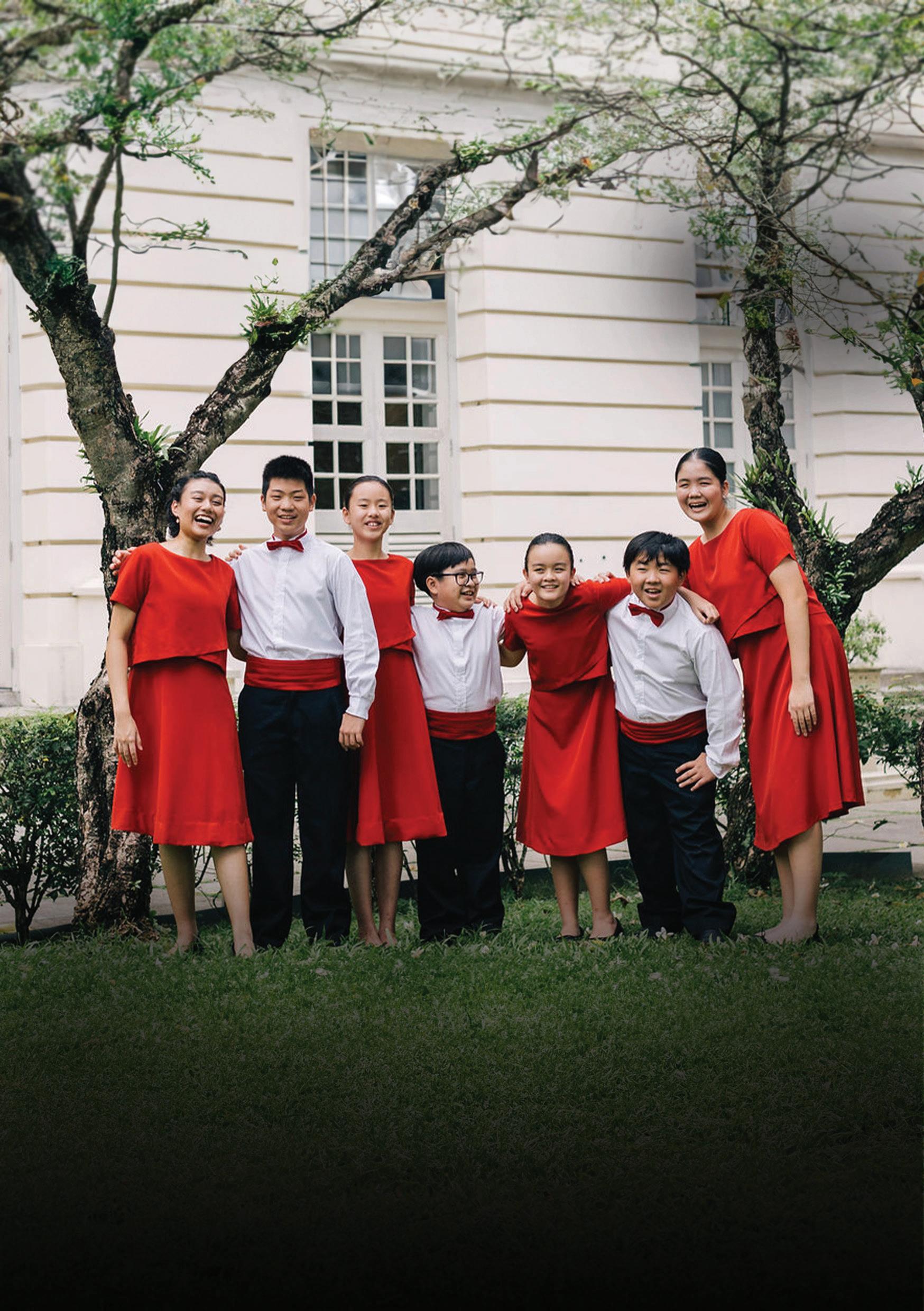
25 May 2024
Sat, 7.30pm | Vic tor ia Concer t Hall
Singapor e Sy mphony Childr en's Choir
Wong L ai Foon Choir mas ter
Ellissa Sayampanathan Assistant Choral Conductor
Highlights:
Ernani Aguiar Salmo 150
Edvard Grieg Ave Maris Stella (arr. Julio Domínguez)
György Orbán Gloria from Mass No. 6
Kelly Tang The Wind
Sergei Rachmaninoff Spring Waters (arr. Elena Sharkova)
Tickets from $20
There’s a saying that French people write the best Spanish music – one only has to think of Bizet’s opera Carmen (1875), Chabrier’s charming orchestral work España (1883), Lalo’s violin concerto Symphonie espagnole (1874) or the Spanish dances from Massenet’s opera Le Cid to know that there’s more than a grain of truth in that statement. The works on this evening’s programme follow in that same vein, and were all composed by the French composer Maurice Ravel, who was born in the Basque town of Ciboure a few miles from the Spanish border. Spanish composer Manuel de Falla praised the authenticity of Spanishness in Ravel’s music:
“It surprises one by its (genuinely) Spanish character. In absolute agreement with my own intentions... [Ravel’s] hispanization is not achieved merely by drawing upon popular or folk sources but rather through the free use of the modal rhythms and melodies and ornamental figures of our popular music, none of which has altered in any way the natural style of the composer. ”
- Manuel de Falla

Sketches of the cast for the 1911 premiere of L'Heure espagnole by Paul-Charles Delaroche
Ravel’s Swiss father inspired in his son a love for things precise and mechanical. He would let Ravel tinker with his inventions and also take his young sons on tours of factories, where they admired the machinery: this carried over into Ravel’s impeccable music. These two childhood influences would come together in Ravel’s first full-scale operatic work, a one-act comic opera L’Heure espagnole (“The Spanish Hour”) of 1907–1908, from Franc-Nohain’s play of the same name.
Set in Torquemada’s clock shop in Toledo, the shrewd protagonist is Concepción, his wife, who is stuck in a loveless marriage to her dutifully preoccupied craftsman of a husband. On one typical day, he goes out to repair the town clocks, and she takes the chance to rendezvous with the self-absorbed poet Gonzalve. And then things go wrong, as unexpected visitors to the shop get in her way. The first is the unsuspecting Ramiro, the buff muleteer who waits in the shop for Torquemada to return to repair his watch. The other is the arrogant banker Don Iñigo, who hopes to conquer Concepción for himself.
What follows is a comedy of ups and downs, misplacements and misdirections, as Concepción tries to find a way to be alone in secret with Gonzalve (who is more interested in spouting poetry), while Don Iñigo attempts to do the same with Concepción – all involving hiding in grandfather clocks moved from shop to bedroom (and back) by the strong-armed but oblivious muleteer. By this time, the exasperated Concepción has noticed and become impressed with the manly strength of Ramiro…
19 May 1911, Paris L’Heure
With comic timing, Torquemada returns to find two “customers”, Iñigo and Gonzalve, each stuck inside a clock. Overwhelmed by their deep ‘interest’ in the clocks, he persuades them to purchase them. When Ramiro and Concepcion return after their own little private moment, all five join in the finale to celebrate the whimsical ‘moral’ of the story: in the spirit of Boccaccio, “In the pursuit of love, there comes a moment when the muleteer gets his turn.”
The music of L’Heure espagnole is infused with the dances of Spain: the habanera, the malagueña, and the jota, and begins with the ticking of multiple clocks in a shop – metronomes. Ravel uses instruments of the orchestra for special effects in the score, but underneath the farcical moments lies beautiful and expressive music that effortlessly gives us the impression of spoken language. It is a most brilliant opera buffa at the level of Verdi’s Falstaff or Puccini’s Gianni Schicchi.
Instrumentation
2 flutes, piccolo, 2 oboes, cor anglais, 2 clarinets, bass clarinet, 2 bassoons, contrabassoon, 4 horns, 2 trumpets, 3 trombones, tuba, timpani, 3 cloche, glockenspiel, xylophone, whip, snare drum, cymbals, spring, sleigh bells, ratchet, tambourine, triangle, bass drum, tam-tam, castanets, 2 harps, celesta, strings
World Premiere
While Ravel took two years to finish his first opera (L’Heure espagnole, which he started in 1907), he took only 30 days to complete his first published piece written for symphony orchestra in the same year, the four-movement Rapsodie espagnole, offering us sketches of the sights, sounds, colours and sensations of the land.
Prélude à la nuit was described by Ravel himself as “voluptuously drowsy and ecstatic”, and evokes the languour of a lazy, warm Andalucian evening. This orchestral prelude opens with an ostinato, comprising a repeated 4-note descending motif played delicately by the violas and violins, while other instruments play various small motifs, like passing clouds or sights. This leads to two very remarkable “cadenzas” for bassoons and clarinets.
The plucking of the basses start off the Malagueña, a rhythmically sharp fandango originating from the Andalusian province. The main theme is a triple-meter folk dance that builds to an explosive climax; the dance is suddenly suspended for a plaintive, exotic arabesque by the English Horn (listen again for the 4-note motif!) before it evaporates with a small flourish.
Adapted from a piece for two pianos written in 1895, Ravel inscribed the line Au pays parfumé que le soleil caresse (“In the fragrant land that the sun caresses”) on the manuscripts of the sultry Habanera. Over a sustained bass pedal point and peppered with minor-second dissonances in the accompaniment and triplet-spiced themes, Ravel noted that this Habanera “contained the germ of several elements that were to predominate in my later works”, one of
which is the Vocalise en forme de habanera also featured in this concert.
The Rapsodie concludes with all the sparkle and revelry of a Feria (“festival”), complete with castanets. Ravel biographer Rollo H. Myers best sums it up:
“A luminous, scintillating tableau of Iberian exuberance, and one of the most forthright and uninhibited pages in the whole of Ravel’s oeuvre, the Feria brings the Rapsodie to an end in a blaze of color and sound as brilliant as anything to be found in the whole repertory of twentieth-century orchestra.”
Instrumentation
2 flutes, 2 piccolos, 2 oboes, cor anglais, 2 clarinets, bass clarinet, 3 bassoons, contrabassoon, 4 horns, 3 trumpets, 3 trombones, tuba, timpani, bass drum, cymbals, snare drum, triangle, tambourine, tam-tam, xylophone, castanets, 2 harps, celesta, strings
World Premiere
15 Mar 1908, Paris
First performed by SSO
21 Oct 1995
In 1909, Ravel came across a folksong harmonisation competition sponsored by the Maison du Lied of Moscow. For the competition, the melodies of the folksongs were provided, and Ravel tried his hand at writing accompaniments to seven of the tunes. The Chanson espagnole is one of the four prize-winning works that Ravel wrote. After the competition in 1910, he then took these four and published them as a set of Chants Populaires
The original song is in the Galician language that stems from a region in the northwest of Spain, and is similar to Portuguese. Ravel keeps the piano part in the lower ranges, with arpeggiated chords to mimic the strumming of a Spanish guitar. The same effect is intended in Hans Graf’s own orchestration played tonight, using violas, cellos, basses (all pizzicato) and harp.
Adios, meu homiño, adios, Ja qui te marchas pr'a guerra: Non t'olvides d'aprendina
Quiche qued' a can'a terra.
La la la la ...
Castellanos de Castilla, Tratade ben os gallegos. Cando van, van como rosas, Cando ven, ven como negros.
La la la la ...
Farewell, my husband, farewell, Now that you are marching off to war: Don't forget to keep in touch
With those who are holding down the fort at home. La la la la...
Castillans of Castille, Treat the Galicians well. When they go, they go fresh like roses, When they come back, they come back scarred and black. La la la la... Instrumentation soprano, harp, strings
World Premiere 1910
A smaller-scale work that came out of the Spanish-inspired 1907 was Vocalise en forme de habanera, written as a vocaliseétude for voice and piano. The vocal part combines long, sustained melodies with colourful embellishments, trills and flourishes accompanied by the piano in the style of a lazy, laid-back habanera. The version heard in this concert was orchestrated by the Belgian composer and musicologist Arthur Hoérée in 1930.
Instrumentation mezzo-soprano, 2 flutes, 2 clarinets, 2 bassoons, 2 horns, trumpet, triangle, gong, tambourine, harp, strings
World Premiere
22 Feb 1919, Paris
Chanson romanesque
Chanson épique
Chanson à boire
In June 1932, Ravel received a commission by Austrian film director G.W. Pabst for a film about Don Quixote, the Spanish knight and his adventures starring the eminent Russian bass, Fyodor Chaliapin. The contract had requested for a serenade, a heroic song, and a comic song; as well as one additional piece, but with his ailing health, Ravel did not manage to complete the works in time and the job fell to Jacques Ibert instead.
Ravel was able to complete three of the four songs, portraying Don Quixote as a lover, holy warrior, and drunkard. This was the last music he was able to write down before his death in 1937. In Chanson romanesque, set in the form of a Spanish guajira (a Spanish dance with alternating bars of 6/8 and 3/4), Don Quixote proclaims his love and dedication to his princess Dulcinea.
The Chanson épique is written in the style of the Basque zortzico in 5/4 time, with the modal, chordal accompaniment as if a church organ supporting Don Quixote as he sings a prayer to St Michael for blessings and protection. In the final Chanson à boire, Don Quixote defends the happiness that drinking is bringing into his life. Here Ravel uses the cross-rhythms of the jota and manages to make the music sound like it is staggering back and forth, like a slightly pompous, drunken knight.
Instrumentation baritone, 2 flutes, 2 oboes (1 doubling on cor anglais), 2 clarinets, 2 bassoons, 2 horns, trumpet, vibraphone, castanets, harp, strings
World Premiere
1 Dec 1934, Paris
Chanson romanesque
Si vous me disiez que la terre
À tant tourner vous offensa, Je lui dépêcherais Pança: Vous la verriez fixe et se taire.
Si vous me disiez que l'ennui
Vous vient du ciel trop fleuri d'astres, Déchirant les divins cadastres, Je faucherais d'un coup la nuit.
Si vous me disiez que l'espace
Ainsi vidé ne vous plaît point, Chevalier dieu, la lance au poing. J'étoilerais le vent qui passe.
Mais si vous disiez que mon sang
Est plus à moi qu'à vous, ma Dame, Je blêmirais dessous le blâme
Et je mourrais, vous bénissant.
Ô Dulcinée.
Chanson épique
Bon Saint Michel qui me donnez loisir
De voir ma Dame et de l'entendre, Bon Saint Michel qui me daignez choisir Pour lui complaire et la défendre,
Bon Saint Michel veuillez descendre
Avec Saint Georges sur l'autel De la Madone au bleu mantel.
D'un rayon du ciel bénissez ma lame
Et son égale en pureté
Et son égale en piété
Comme en pudeur et chasteté: Ma Dame.
(Ô grands Saint Georges et Saint Michel)
L'ange qui veille sur ma veille,
Ma douce Dame si pareille
À Vous, Madone au bleu mantel!
Amen.
Romantic Song
Were you to tell that the earth
Offended you with so much turning, I'd send Panza to deal with it: You'd see it still and silenced.
Were you to tell me that you are bored
By a sky too studded with starsTearing the divine order apart, I'd scythe the night with a single blow.
Were you to tell me that space itself, Thus emptied, was not to your tasteAs a god-like knight, with lance in hand, I'd sow the fleeting wind with stars.
But were you to tell me that my blood
Is more mine, my Lady, than your own, I'd pale at the admonishment
And, blessing you, would die.
O Dulcinea.
Epic Song
Good Saint Michael who gives me leave
To behold and hear my Lady,
Good Saint Michael who deigns to elect me
To please her and defend her,
Good Saint Michael, descend, I pray, With Saint George onto the altar
Of the Madonna robed in blue.
With a heavenly beam bless my blade
And its equal in purity
And its equal in piety
As in modesty and chastity: My Lady.
(O great Saint George and great Saint Michael)
Bless the angel watching over my vigil, My sweet Lady, so like unto Thee, O Madonna robed in blue!
Amen.
Chanson à boire
Foin du bâtard, illustre Dame, Qui pour me perdre à vos doux yeux
Dit que l'amour et le vin vieux
Mettent en deuil mon cœur, mon âme!
Je bois
À la joie!
La joie est le seul but Où je vais droit ... lorsque j'ai bu!
Foin du jaloux, brune maîtresse, Qui geint, qui pleure et fait serment
D'être toujours ce pâle amant
Qui met de l'eau dans son ivresse!
Je bois
À la joie!
La joie est le seul but Où je vais droit ...Lorsque j'ai bu!
Drinking Song
A curse on the bastard, illustrious Lady, Who to discredit me in your sweet eyes,
Says that love and old wine
Are saddening my heart and soul!
I drink
To joy!
Joy is the only goal
To which I go straight... when I'm... drunk!
A curse on the jealous wretch, O dusky mistress, Who whines and weeps and vows
Always to be this lily-livered lover
Who dilutes his drunkenness!
I drink
To joy!
Joy is the only goal
To which I go straight... when I'm... drunk!

While holidaying in Saint-Jean-de-Luz in 1928, Ravel was about to go for a swim when he called a friend over to the piano and, playing the melody with one finger, asked: “Don’t you think that has an insistent quality? I’m going to try to repeat it a number of times without any development, gradually increasing the orchestra as best I can.”
Ravel had long toyed with the idea of building a work from a single theme, growing it simply through harmonic and instrumental ingenuity. Combining this idea with his lifelong fascination with Spanish rhythms, the result of this experiment was Boléro, written for a large orchestra based on the slow Spanish dance in triple meter.
The music opens with a single, solo snare drum tapping out the rhythm (that he will have to play for the entire 15-minute duration), accompanied by the pizzicato from the lower strings. The flute introduces the main tune. Unwinding like a charmed snake, the melody is laid out in two sections, and passes on to other solo instruments first, and then larger sections as the music grows. Through all its repetitions, while the melody remains the same, the instrumental colours, textures and intensity changes, until it bursts forth triumphantly in E major for eight bars, before swerving into C major for an exhilarating crash-down of a conclusion.
Perhaps the most remarkable and radical thing is how the music seems to grow despite the complete absence of thematic development, something unheard of in Western classical music up till that point.
Boléro was commissioned by the dancer, Ida Rubinstein. It was given its first performance at the Paris Opéra on November 20, 1928. While the audience clapped, cheered and stamped their feet in approval, a woman was heard screaming: “Au fou, au fou!” (“The madman! The madman!”). When Ravel was told of this, he reportedly replied: “That lady… she understood.”
Ravel said to Arthur Honegger: “I’ve written only one masterpiece – Boléro Unfortunately, there’s no music in it.”
Programme notes by Natalie Ng
Instrumentation
2 flutes (1 doubling 2nd piccolo), 1st piccolo, 2 oboes (1 doubling oboe d’amour), cor anglais, 2 clarinets (1 doubling E-flat clarinet), bass clarinet, soprano saxophone, tenor saxophone, 2 bassoons, contrabassoon, 4 horns, 3 trumpets, piccolo trumpet, 3 trombones, tuba, timpani, bass drum, cymbals, snare drums, tam-tam, 2 harps, celesta, strings
World Premiere
20 Nov 1928, Paris
First performed by SSO
11 Jan 1985

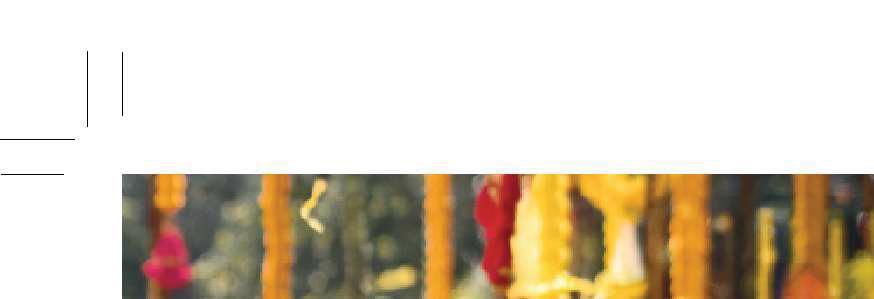

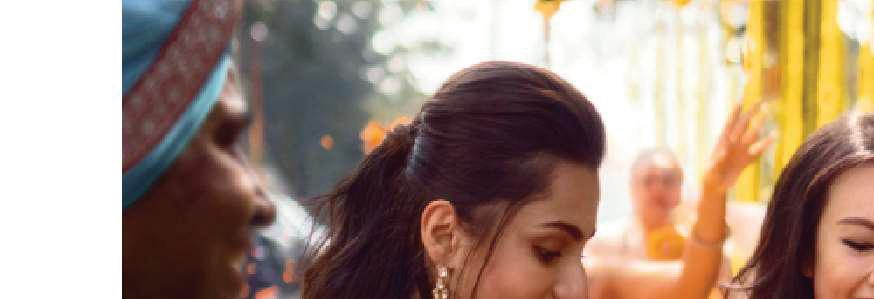
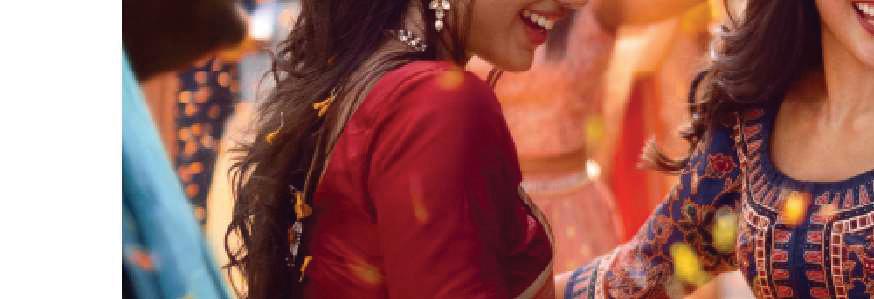

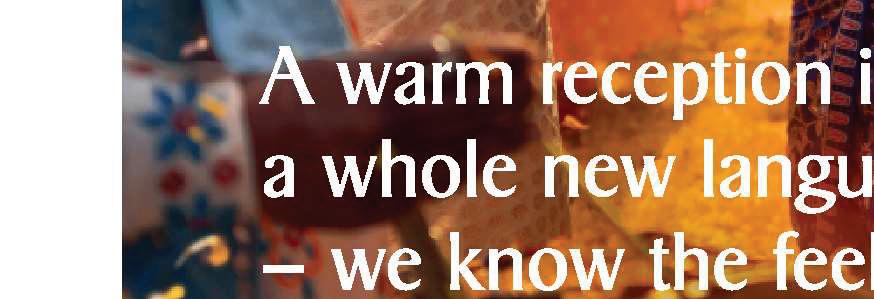



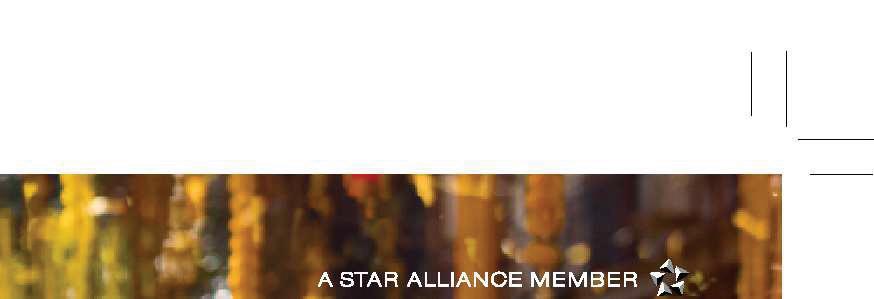
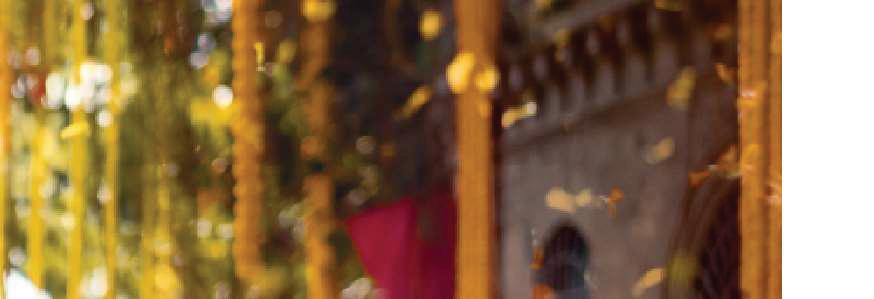
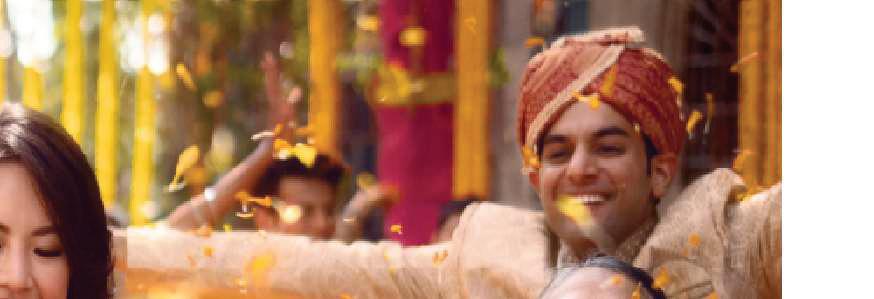
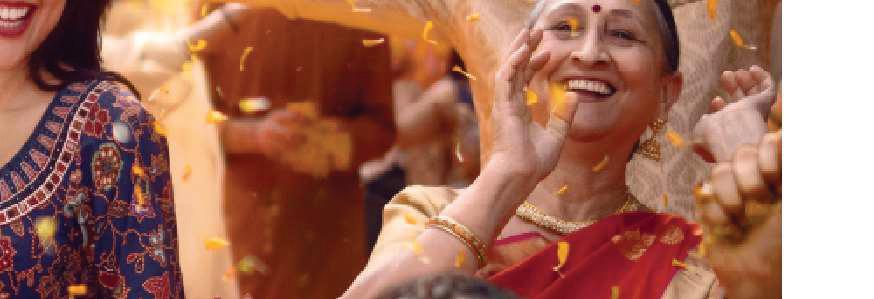
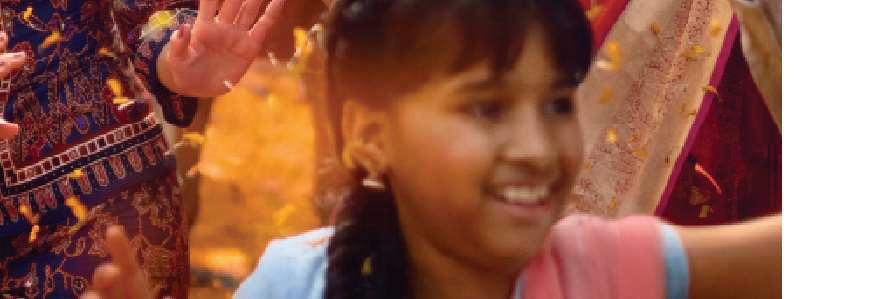




We would like to express our deepest appreciation to the following individuals and organisations who support our mission to create memorable shared experiences with music in the past year.
Without your support, it would be impossible for the SSO to continue to strive for artistic excellence and touch the hearts of audiences.
PATRON SPONSOR
Tote Board Group (Tote Board, Singapore Pools & Singapore Turf Club)
MAESTRO CIRCLE
Mr & Mrs Goh Yew Lin
Stephen Riady Group of Foundations
Estate of Tan Jiew Cheng
Temasek Foundation
The HEAD Foundation
CONCERTMASTER CIRCLE
Radhika Kilachand
Lee Foundation
Anonymous
SYMPHONY CIRCLE
Dr & Mrs Antoine & Christina Firmenich Foundation Of Rotary Clubs (Singapore) Ltd
Christopher Fussner
Holywell Foundation
Paige Parker & Jim Rogers
The New Eden Charitable Trust
Jacqueline Yeh
Cara & Tamara Chang
Geraldine Choong & Dennis Au
Geh Min
Mirian & Merle Hinrich
Kris Foundation
Mavis Lim Geck Chin
Dr Julie Lo
Dr Mendis Ajit Rohan
Andreas & Doris Sohmen-Pao
Ronald & Janet Stride
AIG Asia Pacific Insurance Pte Ltd
BINJAITREE
BreadTalk Group
Mahesh Buxani
Cham Gee Len
Prof Cham Tao Soon
Alan Chan
Prof Chan Heng Chee
Vivian P J Chandran
Chen Xiaoyan
Robert Chew
Chng Hak-Peng
Dr & Mrs Choy Khai Meng
CMIA Capital Partners Pte Ltd
Prof Arnoud De Meyer
DSGCP Mgt Pte Ltd
EFG Bank AG
F J Benjamin (Singapore) Pte Ltd
Dorian Goh & Rathi Ho
Haidilao Hotpot
Hong Leong Foundation
Vanessa & Darren Iloste
Indosuez Wealth Management
JCCI Singapore Foundation
Ross & Florence Jennings
Jeffrey Khoo
Dr & Mrs Adrian Koh
Kenneth Kwok
Lee Li Ming
Lee Ming San
TOP International Holding Pte Ltd
Dr Paul Tseng
UOB
VALIRAM
Geoffrey & Ai Ai Wong
Wong Hong Ching
Grace Yeh & Family
Yong Ying-I
Dr Thomas Zuellig & Mary Zuellig
Olivia Leong
Leong Wai Leng
LGT Bank (Singapore) Ltd
Lim Boon Heng
Logos Holdco Pte Ltd
Marina Bay Sands
Christopher & Clarinda Martin
Devika & Sanjiv Misra
Frans & Marie-Pierre Mol
NEON Global
Paul & Lena Ng
NSL Ltd
Christina Ong
PCS Pte Ltd
Planworth Global Factoring (S'pore) Pte Ltd
Prima Limited
Priscylla Shaw
Martin Siah & Wendy Long
Prof Gralf & Silvia Sieghold
Tan Kong Piat (Pte) Ltd
Tan Meng Cheng Ivan
Jamie Thomas
Tow Heng Tan
Tower Capital Asia
V3 Group Limited (OSIM)
Andrew & Stephanie Vigar
Woh Hup (Private) Limited
Yong Hon Kong Foundation
ZEGNA
Anonymous (6)

Marcelo Viccario Achoa & Silvia Bordoni
Su Pin & Mervin Beng
John & Eliza Bittleston
Bryan Carmichael
Dr Stanley Chia
Alfred Chua Cheng Huat
Hartley & Hong Lynn Clay
Gan Seow Ann
Liwen & Steven Holmes
Shawn Jeon
Katherine Kennedy-White
Lorinne Kon
Mr & Mrs Paterson Lau
RHAPSODY PATRONS
Ang Jian Zhong
Hans Michael Brandes
Cheong Hee Kiat
Evelyn Chin
Adrian Chua Tsen Leong
Ee Kim Lock
Gallery Nawei Pte Ltd
The Gangoso Family
Goh Hui Kok Michael
Jerry Gwee
Ho Bee Foundation
Judy Hunt
Hwang Chih Ming
Sylvie Khau
Belinda Koh
In Memory of Timothy Kok Tse En
Krishnan Family
Lau Soo Lui
Jennifer Lee
Sean Lee
Lee Yeow Wee David
Leong Tze-Ho Douglas
Charmaine Lim
Lim Kok Leong
Dr Victor Lim
JN Loh
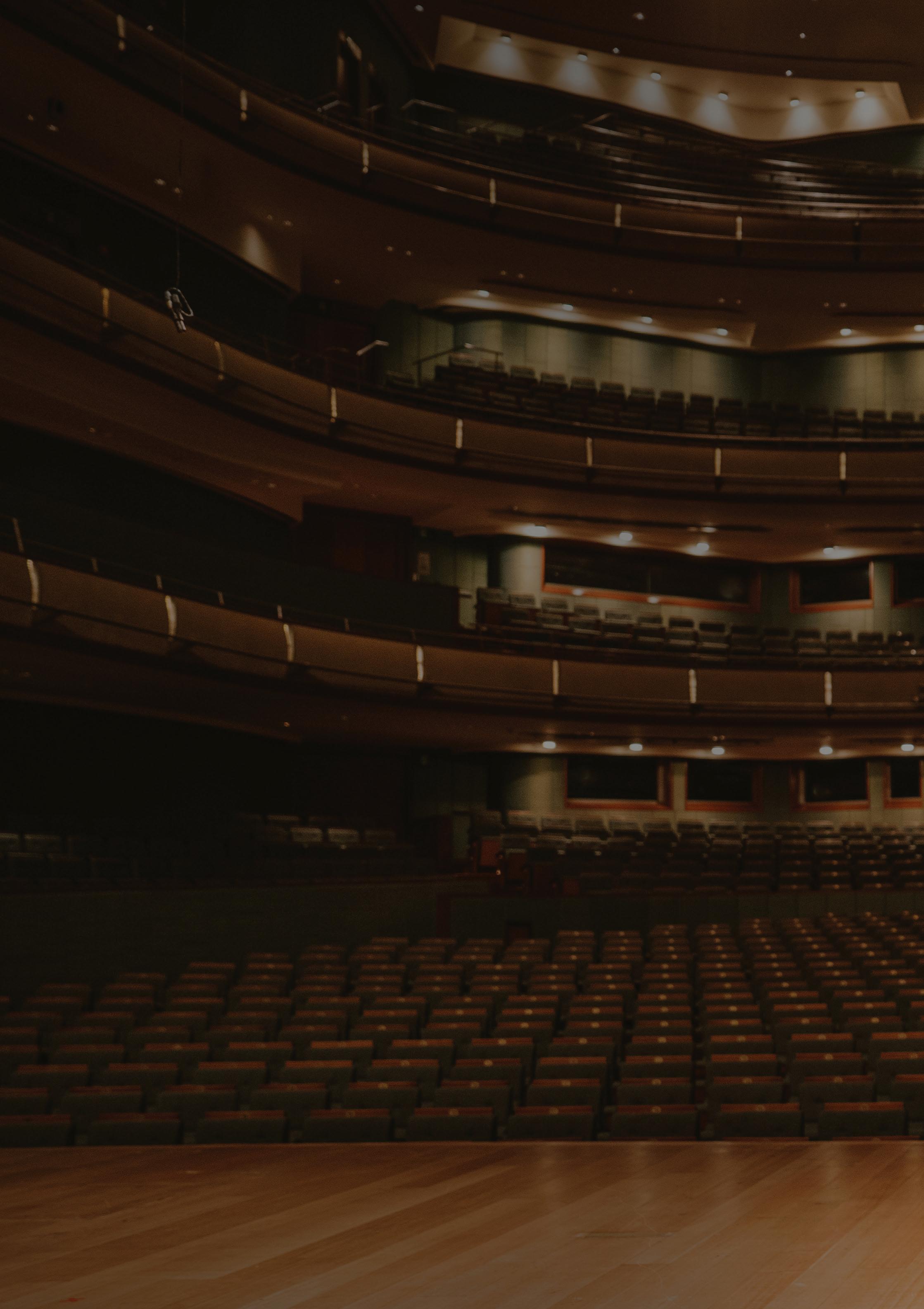
Kelvin Leong
Leong Wah Kheong
Darren Lim & En Yu Tan
D-Y Lin
Michelle Loh
msm-productions
Ms Oang Nguyen & Dr Dang Vu
Bernard Ryan & Michael Rowe
SC Global Developments Pte Ltd
Tan Seow Yen
G. Yu & G. Hentsch
Anonymous (6)
Mak Mei Zi April
Prof Tamas Makany & Julie Schiller
Francoise Mei
Meng
Stephanie Mualim
Kenneth Oo
Esmé Parish & Martin Edwards
Terese Poh
Ian & Freda Rickword
Charles Robertson
Dr June & Peter Sheren
Dr Oskar & Linda Sigl
The Sohn Yong Family
Linda Soo Tan
Tan Choon Ngee
Gillian & Daniel Tan
Julian Tan
Aileen Tang
Tang See Chim
Anthony Tay
Teo Lay Lim
Amanda Walujo
Eric Wong
Wong Yan Lei Grace
Wu Peihui
Anonymous (5)
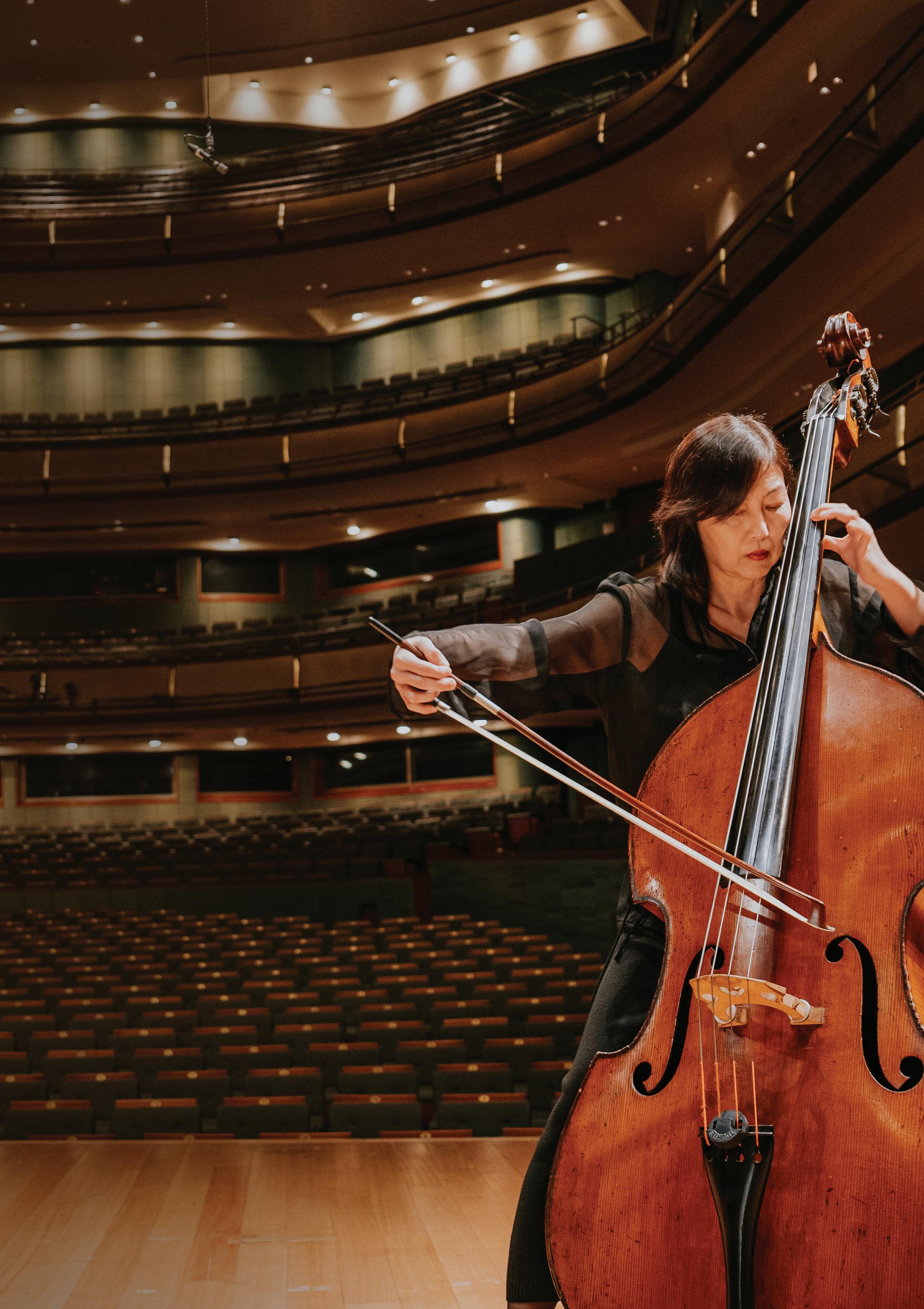
Aloha Dental Clinic
Welby Altidor
Nicolas Amstutz
Brenda Ang
Ang Seow Long
Oliver Balmelli
BDA Partners Pte Ltd
Maria Christina van der Burgt
Gavin Chan
Chang Chee Pey
Chang Julian
Jeanie Cheah
Cynthia Chee
Christopher Chen Li Hsian
Chen Yang Chin & Margaret Chen
Zhihong Chen
Cheng Eng Aun
Andrew Cheong Zhiren
Dr Chew Chee Tong
Jason & Jennifer Chew
Faith Chia
Chin Soon Yenn
Anthony Chng
Pamela Chong
Tiffany Choong & Shang Thong Kai
Nicholas Chor
Lenny Christina
Belinda Chua
Kevin & Dr Iroshini Chua
Pierre Colignon
CP
Khushroo Dastur
Linn de Rham
Jeremy Ee
J-P & Colette Felenbok
John & Pauline Foo
Foo Yunxuan
Christopher Franck
Gan Yit Koon
Goh Chiu Gak
Christopher & Constance Goh
Prof Goh Suat Hong
Yvette Goh
Heinrich Grafe
Parthesh Gulawani
Ilya Gutlin
HC & Jennifer
Linda Heng
Henry & Tiffany
Nishioka Hiroyuki
In Memory of 黄招娣 (Huang Zhao Di)
Arjun Jolly & Priyanka Nayar
Ad Ketelaars
Khim
Elizabeth Khoo
Ernest Khoo
Dr & Mrs Khoo Teng Kew
Dr Khoo Wei Ming
Khor Cheng Kian
Koh Siew Yen Terri
Kye
Colin Lang
Dr & Mrs Winson Lay
SuYin L
Eugene & Caslin Lee
Kristen Lee
Lee Mun Ping
Dr Norman Lee
Lee Wei Jie
Colin & Janet Leong
Voon S Leong
Wendy Leong Marnyi
Li Danqi & Liu Yi
Edith & Sean Lim
Elaine Lim
Lim Hui Li Debby
Lim Yuin Wen
Rachel Lin
Ling Yang Chang
Sam & Claire Loh
Low Boon Hon
Alwyn Loy
Benjamin Ma
Bahareh Maghami
Andre Maniam
Mattopher
Norbert Meuser
Dr Tashiya Mirando
John Morley
Ngiam Shih Chun
Mdm Ngo Hwee Bee
Joy Ochiai
Ong Chee Siong
Ong Kay Jin Jason
Matthew Ong
Xinyi Ong
Pigar & William
Robert Khan & Co Pte Ltd
Danai Sae-Han
Jason Salim & Tan Hwee Koon
Gayathri & Steven Santhi-McBain
Kadir Satar
Sayawaki Yuri
Thierry Schrimpf
Shi Lei
Small Story Singapore
Marcel Smit & Hanneke Verbeek
Sharon Son
Superb Cleaning Pte Ltd
Casey Tan Khai Hee
Dr Giles Tan Ming Yee
Gordon HL Tan
Jane Tan
K.H. Tan
Dr Tan Lay Kok
Lincoln Tan
Min Tan
Tan Peng Peng
Tan Siew Ling Celine
Tan Yee Deng
David Teng
Teo Eng Chai
Teo Kien Boon
Kyra Teo
Teo Wee Poh
Alessandro Tesei
Alicia Thian & Brian Bonde
Alan & Akashnee Thompson
The Tomsik Family
Wang Meng
Wang Pei Zhong
Kris Wiluan
Dr Wong Hin Yan
Jinny Wong
Wicky Wong
World Future Enterprise Pte Ltd
Valerie Wu
Elaine Xu
Yan Xia
Ye Xuan
Yeow Ooh Teng
Lillian Yin
Yong Seow Kin
Zhang Zheng
Zheng Hongbo
Zhu Yulin
Anonymous (56)

This list reflects donations that were made from 1 Apr 2023 to 31 Mar 2024. We would like to express our sincere thanks to donors whose names were inadvertently left out at print time.
The Singapore Symphony Group is a charity and a not-for-profit organisation. Singapore tax-payers may qualify for 250% tax deduction for donations made. You can support us by donating at www.sso.org.sg/donate or www.giving.sg/sso.
How can you help?
COMPLIMENTARY TICKETS*
While SSO is supported partially by funding from the Singapore government, a significant part can only be unlocked as matching grants when we receive donations from the public. If you are in a position to do so, please consider making a donation to support your orchestra – Build the future by giving in the present.
As a valued patron of the SSO, you will receive many benefits.
Concert booklets and website
Patron of the Arts Nomination
Donors’ Wall at VCH Subscription/
OTHER BENEFITS
Invitation to special events
Donations of $100 and above will entitle you to priority bookings, and discounts^ on SSG Concerts.
For tax residents of Singapore, all donations may be entitled to a tax deduction of 2.5 times the value of your donation.
*Complimentary ticket benefits do not apply to Esplanade & Premier Box seats, or supporters who give through a fundraising event.
^Discounts are not applicable for purchase of Esplanade & Premier Box seats.
Through the SSO and its affiliated performing groups, we spread the love for music, nurture talent and enrich our diverse communities.
The Singapore Symphony Orchestra is a charity and not-for-profit organisation. To find out more, please visit www.sso.org.sg/support-us, or write to Nikki Chuang at nikki@sso.org.sg
We recognise major gifts that help sustain the future of the Singapore Symphony Group. The recognition includes naming of a position in the SSO or in our affiliated performance groups such as the Singapore National Youth Orchestra and the Singapore Symphony Choruses.
In July 2017, the SSO established the GK Goh Chair for the Concertmaster. Mr Goh Geok Khim and his family have been long-time supporters of the national orchestra. We are grateful for the donations from his family and friends towards this Chair, especially Mr and Mrs Goh Yew Lin for their most generous contribution.
 NG PEI-SIAN
NG PEI-SIAN

Mr Igor Yuzefovich was the inaugural GK Goh Concertmaster Chair. The position is currently vacant. JIN
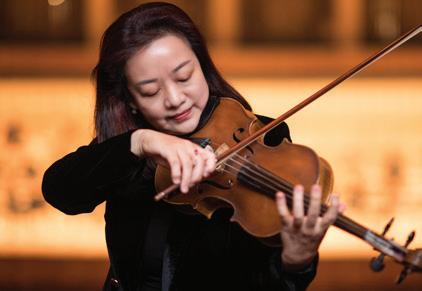
In recognition of a generous gift from The HEAD Foundation, we announced the naming of our Principal Cello, “The HEAD Foundation Chair” in November 2019. The Chair is currently held by Principal Cellist Ng Pei-Sian.
In recognition of a generous gift from Dr Stephen Riady, we announced in May 2022 the naming of our Principal Flute, “Stephen Riady Chair”. The position is currently held by our Principal Flutist Jin Ta.
In recognition of a generous gift from the Estate of Tan Jiew Cheng, we announced in February 2024 the naming of our Principal Viola, “Tan Jiew Cheng Chair”. The position is currently held by our Principal Violist Manchin Zhang.
For more information, please write to director_development@sso.org.sg.
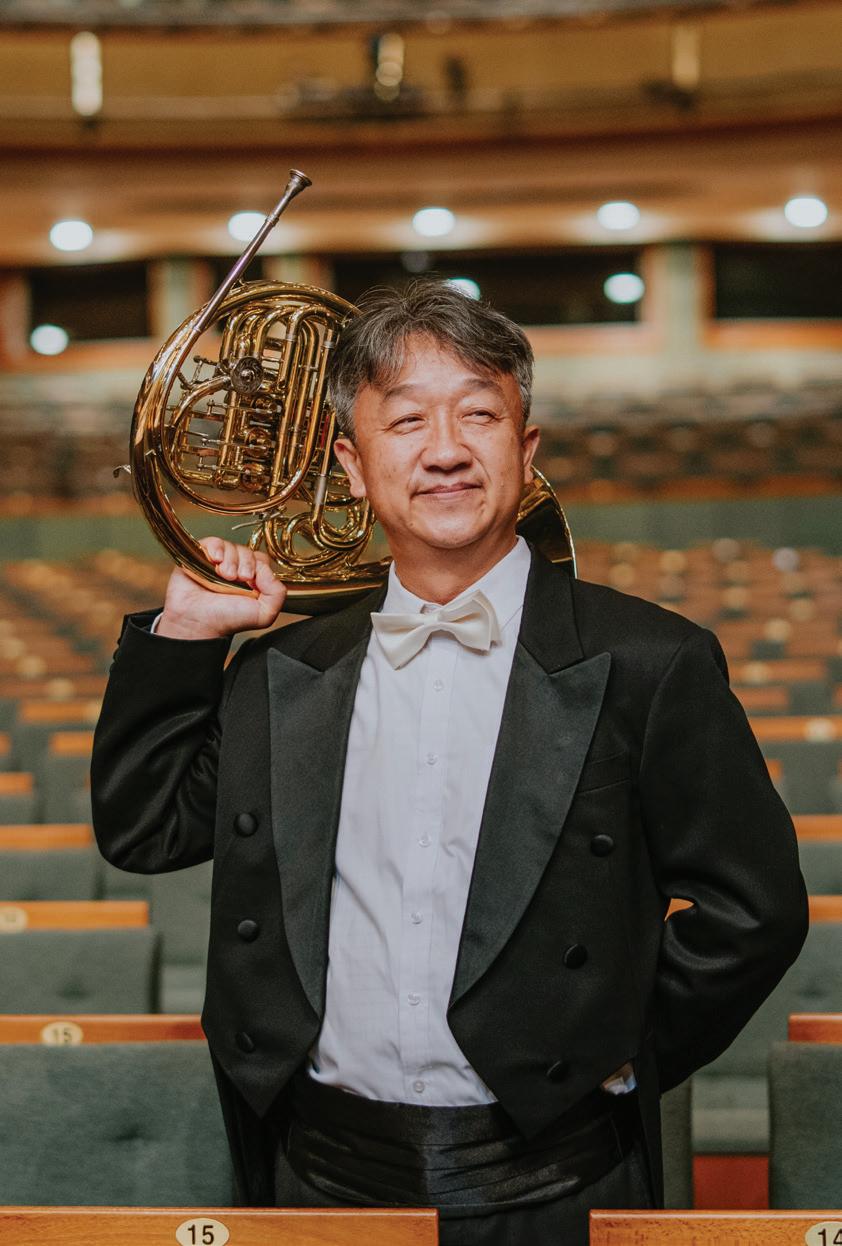
Temasek Foundation
The HEAD Foundation
Stephen Riady Group of Foundations
Lee Foundation
Holywell Foundation
Foundation Of Rotary Clubs (Singapore) Ltd
The New Eden Charitable Trust TransTechnology Pte Ltd
VALIRAM
Raffles Hotel Singapore
SMRT Corporation
Singapore Airlines
Conrad Centennial Singapore Symphony 924
Form a special relationship with Singapore’s national orchestra and increase your brand recognition among an influential and growing audience.
We provide our Corporate Patrons with impressive entertainment and significant branding opportunities. Through our tailored packages, corporates may benefit from:
• Publicity and hospitality opportunities at an SSO concert or your private event,
• Acknowledgement and mentions in SSO’s key publicity channels,
• National Arts Council (NAC) Patron of the Arts nominations,
• Tax benefits.
Packages start at $10,000 and can be tailored to your company’s branding needs.
We partner with various corporates through tailored in-kind sponsorship and exchange of services. Current and recent partnerships include Official Hotel, Official Airline, and we offer other exciting titles.
For more details, please write to Chelsea Zhao at chelsea.zhao@sso.org.sg.
BOARD OF DIRECTORS & COMMITTEES
CHAIR
Goh Yew Lin
BOARD OF DIRECTORS
Yong Ying-I (Deputy Chair)
Geoffrey Wong (Treasurer)
Chang Chee Pey
Chng Kai Fong
Prof Arnoud De Meyer
Warren Fernandez
Kenneth Kwok
Liew Wei Li
Sanjiv Misra
Lynette Pang
Prof Qin Li-Wei
Yasmin Zahid
Yee Chen Fah
Andrew Yeo Khirn Hin
NOMINATING AND EXECUTIVE COMMITTEE
Goh Yew Lin (Chair)
Prof Arnoud De Meyer
Geoffrey Wong
Yong Ying-I
HUMAN RESOURCES COMMITTEE
Yong Ying-I (Chair)
Chng Kai Fong
Prof Arnoud De Meyer
Heinrich Grafe
Doris Sohmen-Pao
INVESTMENT COMMITTEE
Geoffrey Wong (Chair)
Sanjiv Misra
David Goh
Alex Lee
AUDIT COMMITTEE
Yee Chen Fah (Chair)
Warren Fernandez
Lim Mei
Jovi Seet
SNYO COMMITTEE
Liew Wei Li (Chair)
Prof Qin Li-Wei
Benjamin Goh
Vivien Goh
Dr Kee Kirk Chin
Clara Lim-Tan
SSO MUSICIANS’ COMMITTEE
Mario Choo
David Smith
Wang Xu
Christoph Wichert
Yang Zheng Yi
Elaine Yeo
Zhao Tian
SSO COUNCIL
Alan Chan (Chair)
Odile Benjamin
Prof Chan Heng Chee
Dr Geh Min
Heinrich Grafe
Khoo Boon Hui
Lim Mei
Paige Parker
Dr Stephen Riady
Priscylla Shaw
Prof Gralf Sieghold
Andreas Sohmen-Pao
Prof Bernard Tan
Dr Tan Chin Nam
Tan Soo Nan
Wee Ee Cheong
CHIEF EXECUTIVE OFFICER
Kenneth Kwok
DEPUTY CEO, PROGRAMMES & PRODUCTION
Kok Tse Wei
DEPUTY CEO, PATRONS & CORPORATE SERVICES
Jenny Ang
ORGANISATION DEVELOPMENT
Lillian Yin
CEO OFFICE
Shirin Foo
Musriah Bte Md Salleh
ARTISTIC PLANNING
Hans Sørensen (Head)
Artistic Administration
Jodie Chiang
Jocelyn Cheng
Michelle Yeo
OPERATIONS
Ernest Khoo (Head)
Library
Lim Lip Hua
Wong Yi Wen
Orchestra Management
Chia Jit Min (Head)
Charis Peck Xin Hui
Kelvin Chua
Production Management
Noraihan Bte Nordin
Nazem Redzuan
Leong Shan Yi
Asyiq Iqmal
Ramayah Elango
Khairi Edzhairee
Khairul Nizam
Benjamin Chiau
COMMUNITY IMPACT
Community Engagement
Kua Li Leng (Head)
Whitney Tan
Lynnette Chng
Samantha Lim
Terrence Wong
Choral Programmes
Kua Li Leng (Head)
Regina Lee
Chang Hai Wen
Mimi Syaahira
Singapore National Youth Orchestra
Ramu Thiruyanam (Head)
Tang Ya Yun
Tan Sing Yee
Ridha Ridza
ABRSM
Patricia Yee
Lai Li-Yng
Joong Siow Chong
Freddie Loh
May Looi
William Teo
PATRONS
Development
Chelsea Zhao (Head)
Nikki Chuang
Sarah Wee
Sharmilah Banu
Eunice Salanga
PATRONS
Digital & Marketing Communications
Cindy Lim (Head)
Chia Han-Leon
Calista Lee
Germaine D’Rozario
Myrtle Lee
Hong Shu Hui
Jana Loh
Sherilyn Lim
Elizabeth Low
Corporate Communications
Elliot Lim
Customer Experience
Randy Teo
Dacia Cheang
Joy Tagore
CORPORATE SERVICES
Finance, IT & Facilities
Rick Ong (Head)
Alan Ong
Goh Hoey Fen
Loh Chin Huat
Md Zailani Bin Md Said
Human Resources & Administration
Valeria Tan (Head)
Janice Yeo
Fionn Tan
Netty Diyanah Bte Osman


S


17 May 2024, 7.30pm
Musicians of the SSO CHAMBER
19 May 2024, 7.30pm
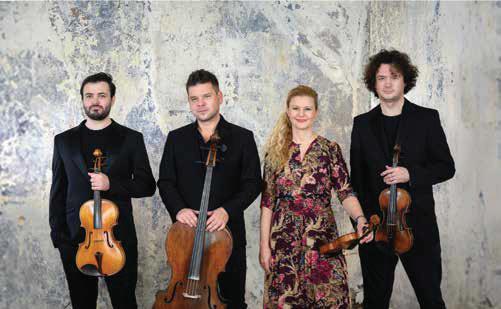

22 May 2024, 7.30pm
Xavier de Maistre CHAMBER
ORGAN
15 Jun 2024, 5pm
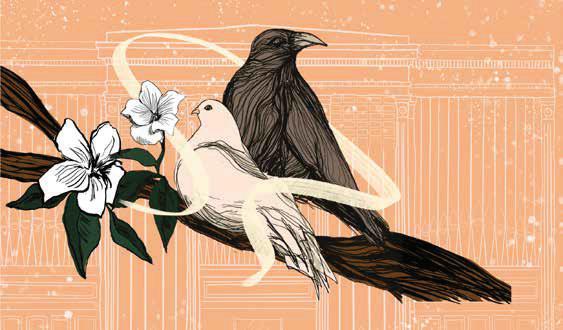
All concerts are held at the Victoria Concert Hall
Supported by Patron Sponsor Organ Series Sponsored by Presented by


 SCAN TO BOOK
SCAN TO BOOK

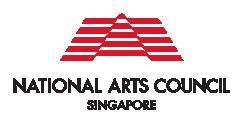

MAJ O R DO N O R S
Mr & Mrs
Goh Yew Lin
SEASO N P A R T N E R S
Stephen RiadyEstate of Tan Jiew Cheng

SEASO N P A T R ON S

The vision of the Singapore Symphony Group is to be a leading arts organisation that engages, inspires and reflects Singapore through musical excellence. Our mission is to create memorable shared experiences with music. Through the SSO and its affiliated performing groups, we spread the love for music, nurture talent and enrich our diverse communities. The Singapore Symphony Orchestra is a charity and not-for-profit organisation. You can support us by donating at www.sso.org.sg/donate